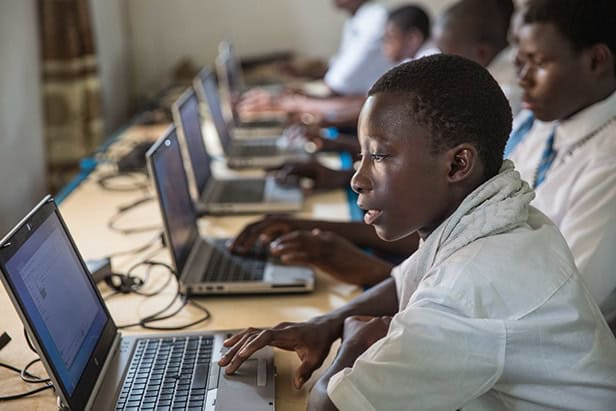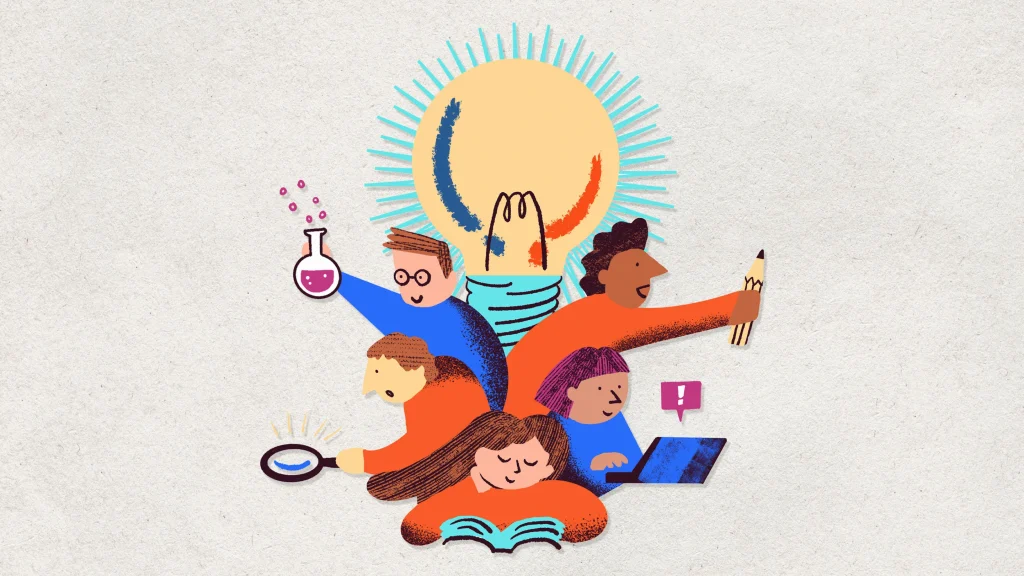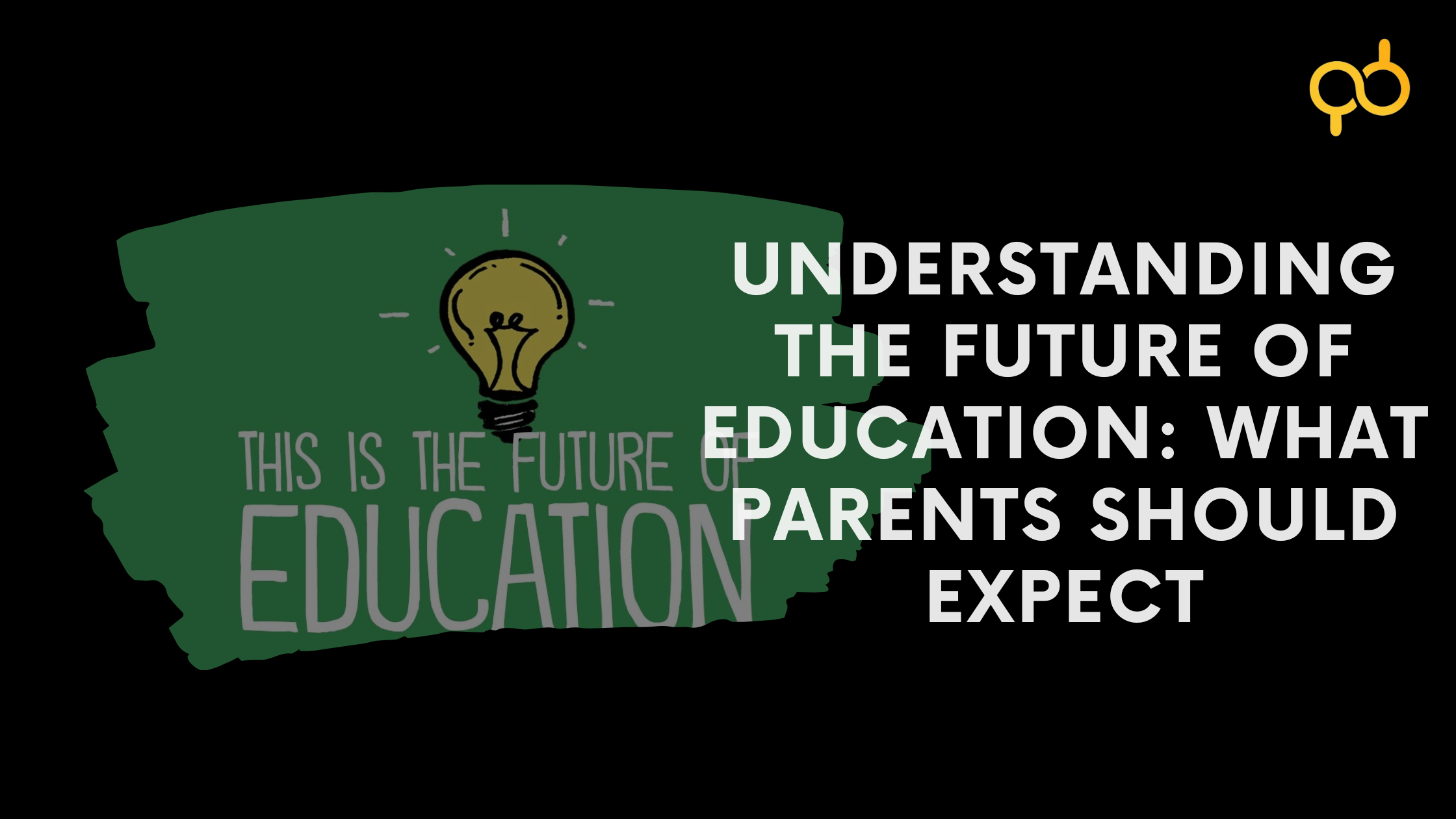Education is changing quickly around the world, and Nigeria is also affected. As parents, grasping these changes can assist you in equipping your children for a future that appears quite unlike the conventional classroom experience you may have experienced. Technological innovations, curriculum changes, and an increasing focus on skills extending beyond traditional classroom settings are shaping the future of education in Nigeria. Here’s what Nigerian parents need to anticipate and get ready for:
1. Technology-Driven Learning
Technology is transforming the way children learn. With the increasing availability of smart devices and internet access, e-learning platforms, virtual classrooms, and educational apps are becoming mainstream. Tools like Google Classroom, uLesson, and Edmodo are already supporting Nigerian students in innovative ways. Parents should expect a shift from traditional pen-and-paper methods to more interactive, digital learning experiences. Ensuring your children have access to digital tools and encouraging responsible online habits will be crucial.

2. Focus on Skills Over Rote Memorization
The traditional Nigerian education system has often prioritized rote memorization. However, the future is tilting towards skills acquisition. Critical thinking, creativity, problem-solving, communication, and emotional intelligence will become more valuable than the ability to recall facts. Parents can support this shift by encouraging curiosity, problem-solving, and practical application of knowledge at home.
3. Personalized Learning
Personalized learning tailors educational content to fit each child’s unique learning style, pace, and interests. Adaptive learning technologies and apps are making this possible by analyzing students’ strengths and weaknesses and adjusting the material accordingly. Nigerian parents should look out for schools adopting these personalized approaches, as they can significantly improve learning outcomes.
4. Integration of STEM and Digital Literacy
Science, Technology, Engineering, and Mathematics (STEM) education is gaining ground worldwide. In Nigeria, STEM initiatives are expanding through programs like STEM METS and the Robotics Club Nigeria. Digital literacy, including coding, robotics, and data analysis, will be fundamental for future careers. Encouraging children to participate in STEM activities, competitions, and workshops will give them a head start in this tech-driven future.
READ MORE: What is Blended Learning and Which Model Works Best for Your School?
5. Hybrid Learning Models
The COVID-19 pandemic accelerated the adoption of online and hybrid learning models. Many Nigerian schools now combine in-person teaching with online resources to create a more flexible learning environment. Parents should familiarize themselves with these models and help children adapt to both physical and virtual classrooms.

6. Emphasis on Global Competence
In a globalized world, children need to understand and engage with diverse cultures and viewpoints. Nigerian schools are gradually incorporating global perspectives into their curricula, encouraging students to think beyond local contexts. Learning foreign languages, participating in international exchange programs, and using global educational resources can help children build this competence.
7. Lifelong Learning Mindset
The concept of education is moving beyond childhood and formal schooling. Continuous learning and skill development throughout one’s life will be necessary to keep pace with the rapidly changing job market. Parents can nurture this mindset by modeling curiosity and a love for learning.
Conclusion
The future of education in Nigeria is bright, but it requires parents to stay informed and proactive. Embracing technology, fostering critical thinking, and supporting personalized and global learning will equip Nigerian children for success in the years ahead. By adapting to these educational trends, parents can ensure their children are not just surviving but thriving in the future world of work and learning.
